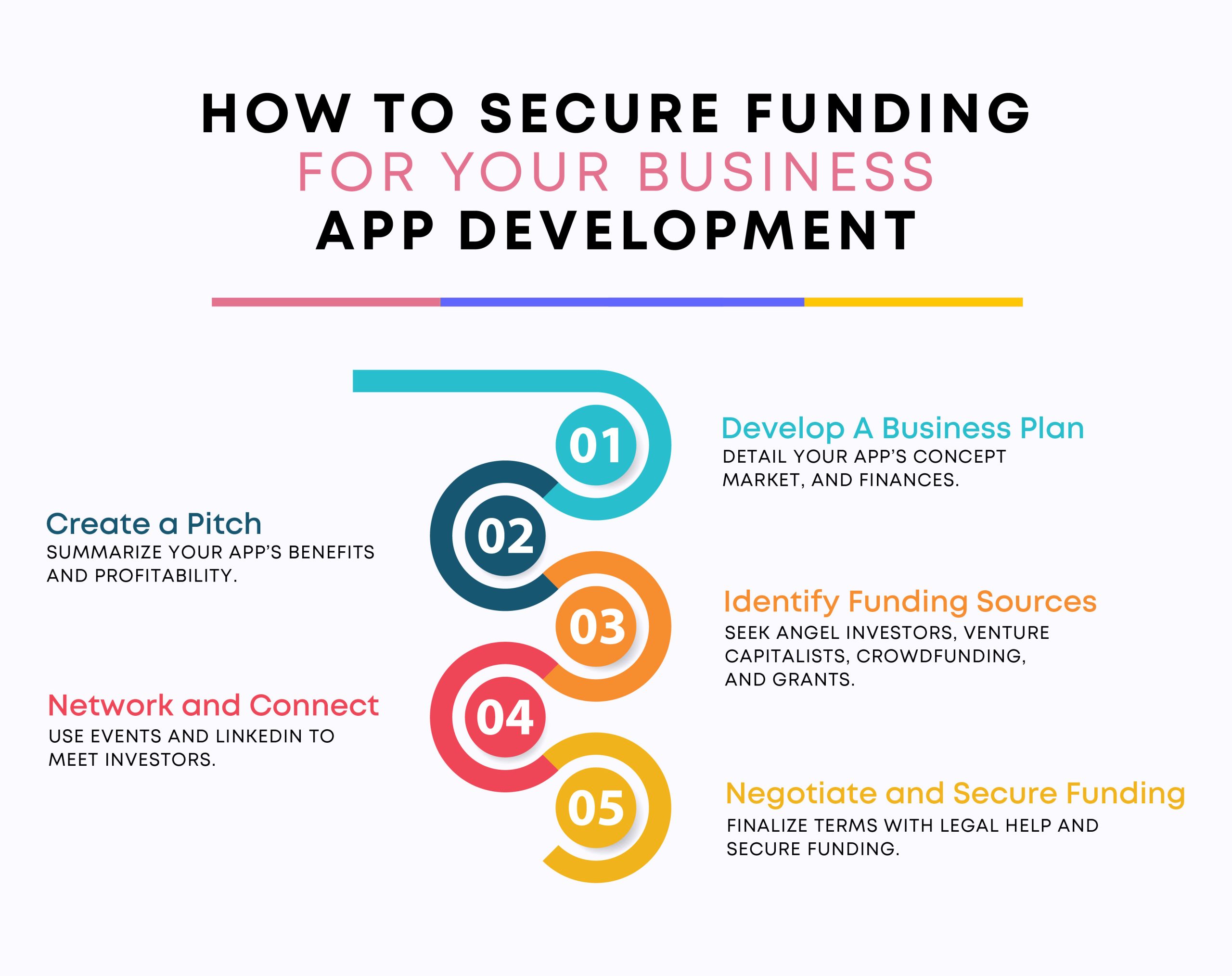Let's Get You Started

Let's Get You Started




Having a mobile app can transform your business. Apps not only promote customer involvement, but they also increase brand visibility and operational efficiency. If you’re considering developing a mobile application, this Appxide guide of ‘build app for business” is tailored to help you understand the ins and outs of how to build an app for business, and how to ensure it aligns perfectly with your business objectives.
Before going into the app development process, it’s crucial to have a clear understanding of what you want your app to achieve. Here are a few questions to consider:
When it comes to app development, there are several routes you can take, and each has its own set of benefits and considerations:
For those with a tighter budget or simpler needs, DIY app builders can be a cost-effective solution.
If you need a customized app, you might want to hire someone to build an app for business. This could be a freelance developer or a full-time staff member.
For businesses looking for full-service solutions, the best option would be to go for the term “hire a development company to build an app for business”.
| Development Option | Cost | Customization | Time to Launch | Best for |
| DIY App Builders | Low | Low | Weeks | Small businesses, simple apps |
| Freelance Developer | Medium | High | Months | Medium businesses, custom needs |
| Development Companies | High | Very High | Months to Year | Large businesses, complex apps |

Effective planning is critical to the success of your app. Here’s how to start:
Development should follow best practices in coding, UX design, and security. Testing is equally important to ensure functionality across different devices and platforms.
Once your app is developed and tested, it’s time to launch. But launching is just the beginning; effective marketing strategies are key to ensuring its success.
Keep your app updated and functional with post-launch maintenance is important.
Understanding and measuring the success of your business app is crucial for continuous improvement and alignment with your strategic goals. By defining and monitoring the right Key Performance Indicators (KPIs), you can gain insights into how well your app is performing and where adjustments might be necessary. Here are essential KPIs to consider:
This comprehensive guide covers the crucial steps to build app for business from concept to launch, emphasizing the importance of aligning the development process with your business’s specific needs and goals. Plan the goal, target market, and essential features of your app; decide between hiring developers, using DIY app builders, or working with development businesses; and oversee the creation and testing to guarantee the best possible functionality. Post-launch, the focus shifts to marketing, maintenance, and monitoring key performance indicators like user engagement and retention to adapt and enhance the app continually. By taking this calculated risk, you can be sure that the app will help your company succeed, support its marketing and operational efforts, and change with the market.
A 1: The cost can vary widely, from a few thousand dollars for simple apps to over a hundred thousand for more complex functionalities.
A 2: Development time can range from a few weeks for basic apps to over a year for highly complex apps.
A 3: This depends on your specific business needs and user expectations. Native apps offer better performance and user experience, while web apps are more cost-effective and easier to maintain.
A 4: Implement strong data encryption, regular security updates, and compliance with legal standards.
A 5: Yes, updating your app is crucial to fix bugs, improve functionality, and keep the content fresh.
A 6: When hiring services to build your business app, consider their portfolio to evaluate past projects similar to your needs, check client testimonials for feedback on their collaboration and problem-solving skills, and ensure they offer comprehensive support from development to post-launch maintenance.
A 7: Solutions for building a business app can be found through various channels such as professional development companies, technology conferences, industry-specific forums, and digital marketplaces. Choose a provider that aligns with your technical requirements, budget, and timelines.
A 8: Choosing the right developer for your u201chire a developer to build an app for businessu201d involves assessing their technical expertise, experience with similar projects, and their ability to work within your timeline and budget. Itu2019s also important to discuss their approach to user design and ongoing communication throughout the development process to ensure a good fit with your business objectives.

Welcome to Appxide, where innovation meets utility in the world of app development. Our mission is to craft cutting-edge digital solutions that simplify lives and spark connections. With a diverse portfolio that traverses multiple sectors, we are committed to excellence and user-centric design. Stay tuned to our blog for the latest in tech, insights, and the stories behind our projects. Dive into the future with us – where every app we create is a step towards the extraordinary.